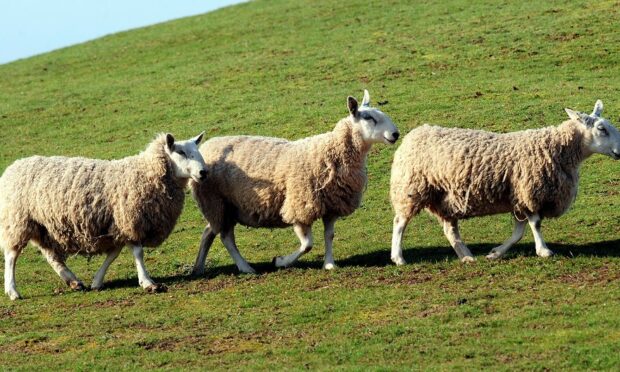The biggest barrier to greater adoption of scientific and technological developments in agriculture is subsidies, according to the High Commissioner for New Zealand.
Sir Lockwood Smith, who served in the New Zealand Parliament for 29 years and also runs his own beef farming enterprise, dubbed support payments a “political distortion”.
Delivering a keynote speech to the annual British Society of Animal Science conference in Chester this week, Sir Lockwood said anything that interfered between the market’s economic signals and the farmer would have an effect on the uptake of science and technology.
“In New Zealand (in the 1980s) the value of subsidy got up to about 90% of the value of product produced. Sheep numbers escalated and productivity died. When those subsidies were eliminated, it is fascinating that the sheep numbers dropped, but science and technology were taken up and productivity rose enormously,” he said.
“If my analysis has any merit, no single action by policy makers could do more to enhance animal science in Europe than the removal of protectionist policies targeted at the agricultural sector.”
Sir Lockwood claimed when subsidies were removed overnight sheep farmers quickly started looking at new sheep genetics, selection based on performance measurements, ewe fertility and lamb growth rates.
As a result productivity in terms of kilogram of lamb per ewe farmed had increased by more than 90% in the early 1990s. Sheep numbers had declined from a high of 70million to less than 30million today, but New Zealand still exported similar amounts of lamb.
Sir Lockwood, who also served as a minister for agriculture, said eliminating all negative political intrusion in science and policy remained a challenge.
It was not that politicians were anti-science, but few had much understanding of the subject. He held a PhD in animal science but during his 29 years in the New Zealand Parliament he was aware of only two other politicians with PhDs in any branch of science or engineering.
This was why the appointment of special science advisers, respected scientists who could review the evidence and then guide any policy decision, was a step forward. Politicians liked to be able to argue that their policies were based on evidence, he said.
Government chief scientist Sir Mark Walport told the audience of 400 scientists that innovation was needed in agriculture to meet the challenges of a growing population.
“We are going to have to produce more food calories in 2050 than we did in 2006 and it is not simply by redistributing food. We need innovation,” he said.
“People sometimes view innovation as something that introduces risk. But actually if you look at the challenges we face then we need innovation very badly to reduce the risks.”
Government policy at the highest level needed animal research across a whole range of areas, but they could broadly be divided into three, he added. These were protecting animal and public health, supporting animal welfare and promoting a competitive and efficient livestock industry.
